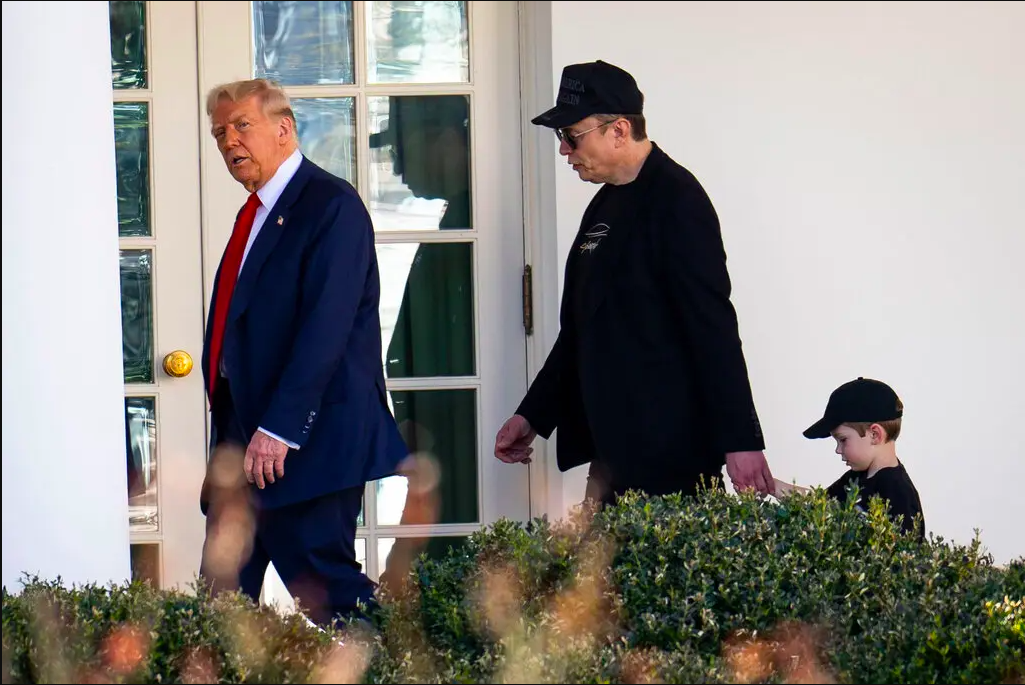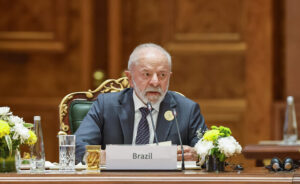
Published 28/03/2025 13:47 | Edited 28/03/2025 14:07
The new tariff package announced by US President Donald Trump imposed a 25% rate on car imports and automotive parts and caused an immediate crisis in the American and global American auto industry. The measure, which comes into force on April 2, generated a drop in automakers’ actions, US strategic allies reaction and high pricing alerts and possible production retraction.
According to Bernstein consultancy, the annual impact can exceed US $ 110 billion in additional costs for manufacturers. General Motors and Ford registered drops of up to 8.2% in the bags, with estimates of 30% reduction in profits by 2025, even with price readjustment and attempted supply chain reorganization.
Almost half of the vehicles sold in the US is imported. Even though in the country use, on average, 60% of components manufactured abroad. The fare also affects items such as engines and transmissions, and may be extended to other auto parts, according to the White House. Bank of America estimates that the price of some models may rise up to $ 10,000.
Trump’s decision directly affects strategic business partners. Japan, South Korea, Mexico, Canada and Germany are responsible for about 75% of US automotive imports. These countries invested heavily in factories and productive infrastructure in the US, but failed to avoid the measure.
“This is a direct attack,” said Canada Prime Minister Mark Carney.
“We invest significantly in the US. We don’t do this for any country,” said Japanese prime minister Shigeru Ishiba.
“Tariffs seriously impact consumers and workers on both sides of the border,” said David Adams of the Canadian Association of automakers.
Automates such as Toyota, Honda, Nissan, Hyundai, Mazda, Subaru, Volkswagen, Mercedes-Benz and BMW have recorded expressive falls on Asian and European scholarships, with greater impact on manufacturers operating plants in Mexico and Canada.
The measure frustrated diplomatic negotiations and goodwill initiatives. Japan had promised to invest up to $ 1 trillion in the US, including the purchase of liquefied natural gas. South Korea announced $ 21 billion in new factories. Mexico, in addition to strengthening the National Guard border, delivered dozens of cartels to the US. None of these actions prevented the tariff package.
The European Union also reacted. European Commission chairman Ursula von der Leyen called the decision “bad for business and worse for consumers.” Germany’s Minister of Economy, Robert Habeck, defended a “firm EU response.”
According to analysts at S&P Global Mobility, automakers who do not belong to the “three major” from the US (GM, Ford and Stellantis) have little extra productive capacity in the country. “Vehicle prices will be up, no doubt. The question is when, how and how much,” said Michael Robinet of the consultancy.
Companies are trying to anticipate shipments and adapt production. However, the consensus in the sector is that if tariffs are maintained, the result will be a forced reorganization of the global value chains and the increase of individual transport in the US.
Source: vermelho.org.br

